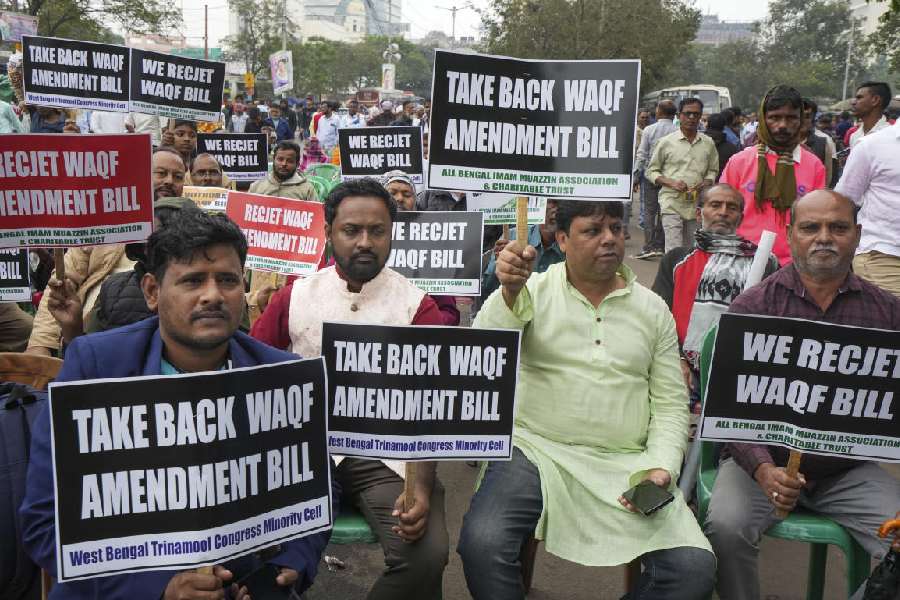A string of incidents of worker unrest, including at theWistron Corp. and Toyota Kirloskar Motor Pvt. Ltd (TKM) factories in Karnataka, has highlighted a possible link with newly amended labour and industrial laws. The yet-to-be-operationalized labour codes promise to improve ease of doing business and remove archaic regulations. The state-specific amendments to labour laws aim to facilitate companies to extract more from their workforce to make up for time lost during thecovid-led lockdown.
The labour law reforms have also made it harder to call strikes, and easier to fire workers. They also cut down on factory inspections and promote contract hiring. At Wistron’s Kolar plant in Karnataka, most of the contract workforce is between 18-25 years of age and come from poor backgrounds. They are now either in police custody or in hiding for fear of arrest after violent unrest on Saturday.
There have been payments due from contractors who have assured to clear payments. Wistron is a new company and there are mistakes from them as well as the workers. But we can’t keep these mistakes in front and shut down the company that provides employment to thousands. The new laws have no connection with ongoing disputes, Shivaram Hebbar, Karnataka’s labour minister said. Parliament passed three labour code bills earlier this year, and another one on wages in August 2019. In total, government merged 29 central laws into four broad labour codes, fuelling apprehension among workers of more exploitation by employers. Uttar Pradesh and Madhya Pradesh have decided to extend labour law holidays for specific time periods in a bid to attract investments. Karnataka too came out with a new industrial policy to attract fresh investments.

Courtesyg: Google (photo)




